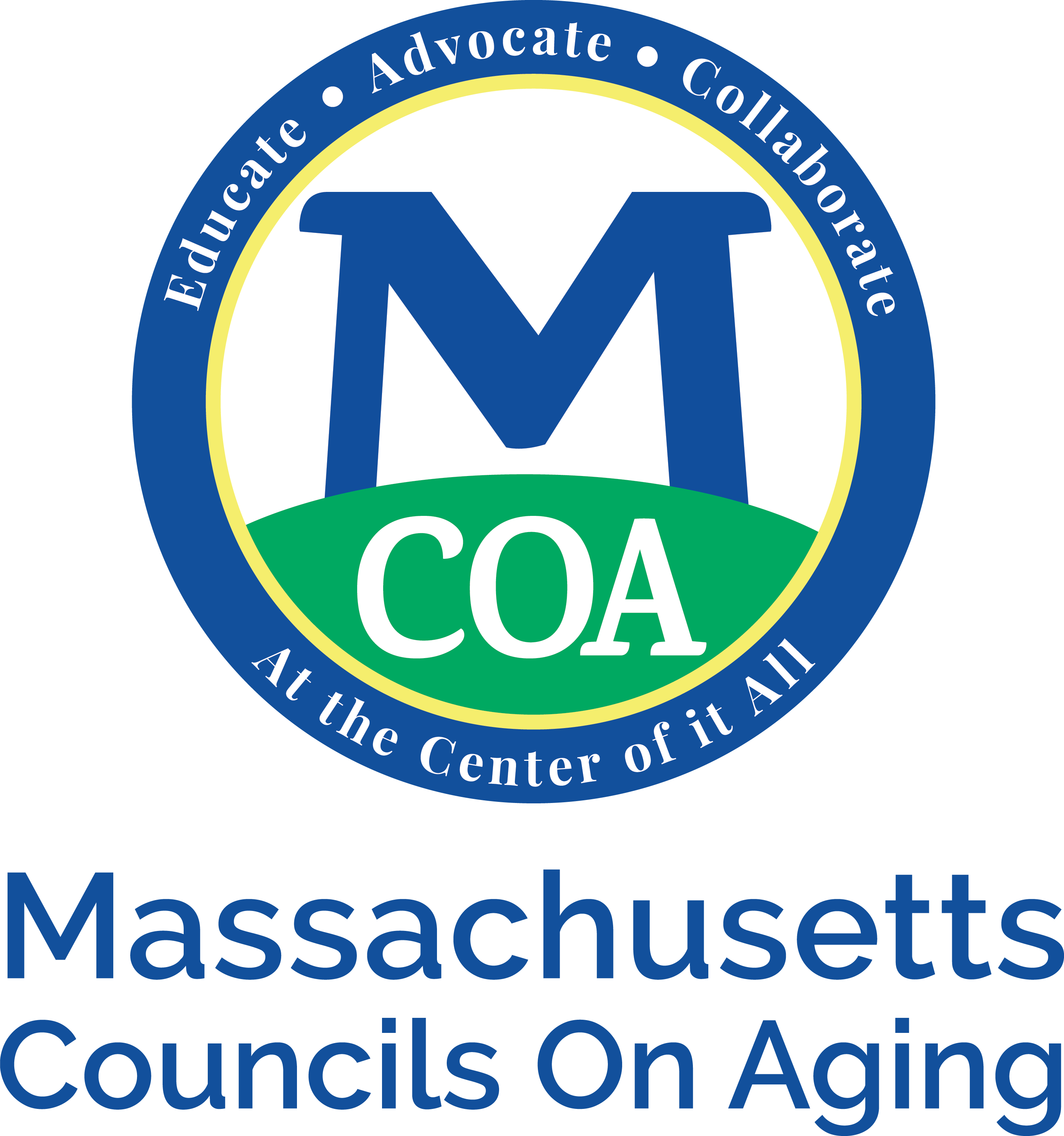Low cost access to high speed internet is the main building block of digital equity. Are you observing older adult community members who are lacking access to essential services due to lack of access to the internet? Please consider sharing your experiences in written testimony!
Low Cost Internet Bill H.3527 & S. 2318, Virtual Hearing Tuesday, May 6th at 11am
Written testimony can be submitted via email to Benjamin Minerva at Ben.Minerva@masenate.gov and Caleb Oakes at Caleb.Oakes@mahouse.gov. The deadline to submit written testimony is Tuesday, May 13 by 5:00 p.m., go HERE for formatting details.
MA Healthy Aging Collaborative’s Executive Director, James Fuccione, provides these useful information points, should you choose to provide written testimony:
Potential Talking Points You Can Use to Draft Your Testimony
Tell the Joint Committee on Telecommunications, Utilities, and Energy why you and your organization are taking time to testify and what is your unique lens/experience on this topic.
- This bill does not ask the legislature to spend money, but instead proposes a private-based solution.
- Internet access is no longer a luxury.
- With services and staffing being cut due to federal funding cuts, more programs and contacts will be moved online, making it imperative that people be able to access the internet if phone or in-person availability is no longer an option.
- In a recent survey, 50% of MA respondents found it difficult to pay their internet bill.
- About 368,000 MA households (14%) received help from ACP before it ran out of funds. In some areas, 25% of households were enrolled in ACP.
- Nearly 1 in 10 MA households don’t have high-speed internet at home.
- High internet costs are the biggest barrier to residents having broadband at home.
- Rural communities across the commonwealth are stuck in a monopoly with their options for Internet companies – in all other instances, the government steps in and ensures that there is equitable access to the internet.
- The Supreme Court said that states can regulate the Internet. This is a new opportunity to ask internet service providers, who will also benefit from new customers, to pay their fair share in provide equitable, affordable internet.
- Ensuring Adequate & Equitable Service: Establishing a “minimum download speeds standard to 100 Mbps” ensures that the low-cost option provides genuinely usable high-speed internet, not outdated or insufficient service.
- Hidden Costs Disproportionately & Negatively Affects Low-Income Subscribers: Flat rate with taxes and fees included, ensures transparency and prevents hidden costs from burdening low-income users.
- Access to the Internet is now a necessity for everyday activities and essential for education, employment, leisure, business, public services, civic participation, and healthcare.
- 70,000 western Mass residents relied on ACP as their affordable Internet.
- There are parts of the state that have insufficient infrastructure and the costs have not been equally distributed. This evens the playing field for communities.
- ACCESS to the Internet is NOT an affordable internet.


